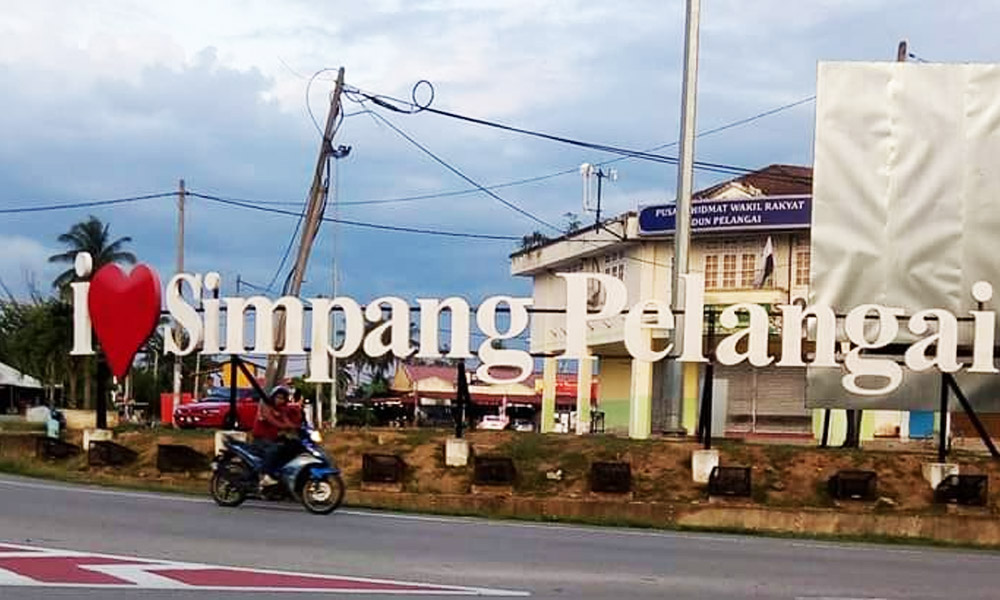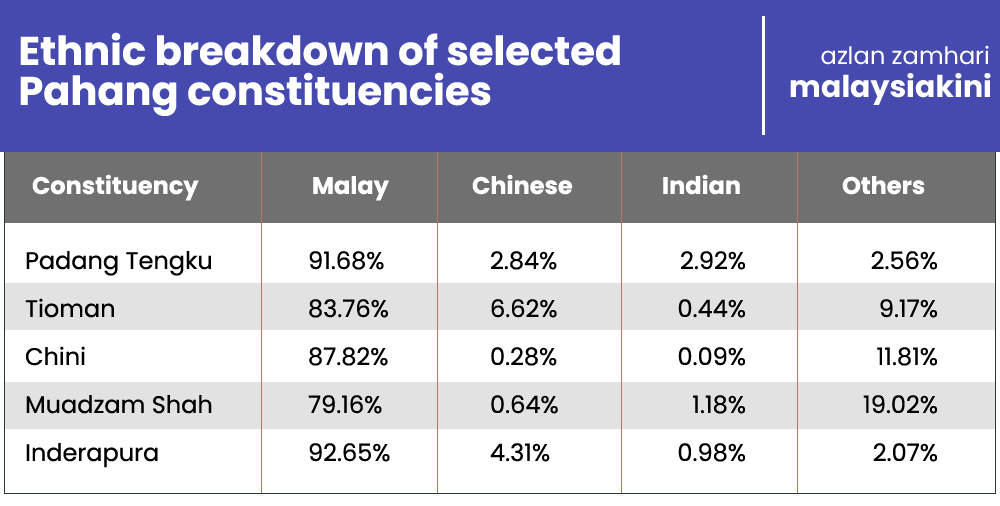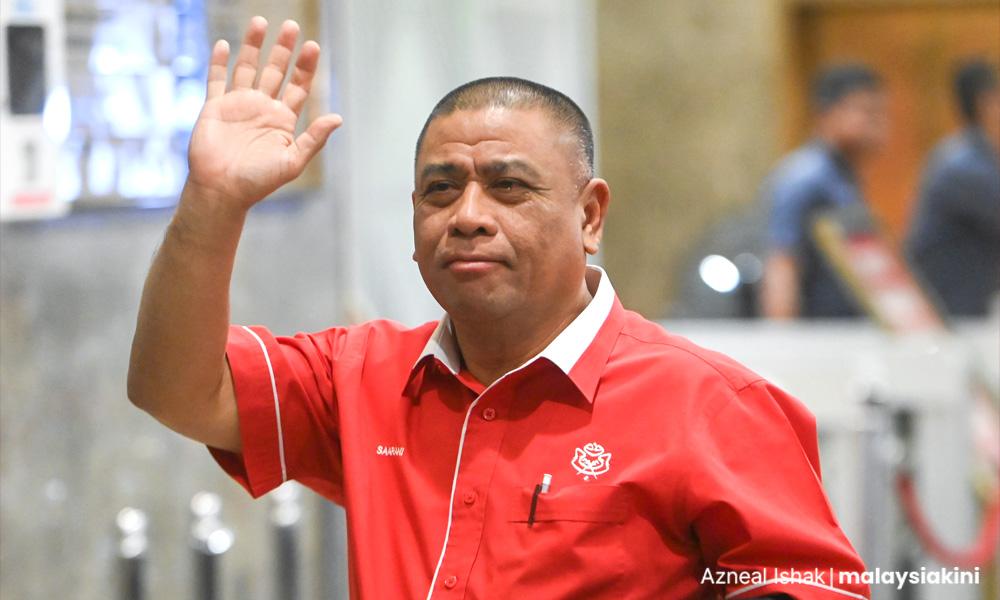The upcoming Pelangai state seat by-election may appear inconsequential on the surface as, regardless of the outcome, BN and Harapan would still have enough numbers to form the Pahang state government.
However, in the event Perikatan Nasional were to capture the seat, this may serve as a catalyst for a wave of events that could shake the political scene.
Last month, Perak Menteri Besar Saarani Mohamad claimed there were attempts by PN to get four state government assemblypersons to defect and take over the state.
Political insiders, who first alerted Malaysiakini to the Perak putsch attempt before Saarani held a press conference on it, claimed that similar plans are afoot in Pahang.
While nothing has transpired since the claim was made public, there is speculation that the opposition coalition is waiting to see the outcome of the Pelangai by-election before making a move.
Pelangai a bellwether
Pelangai has long been a stronghold of BN, which won the seat with a 57 percent vote share in last year’s general election.
PN on the other hand, only bagged 25.7 percent of votes in Pelangai, while Pakatan Harapan received 16.04 percent of votes.
However, voting trends from the six state elections and the recently concluded Johor twin by-elections indicate that PN is gaining ground among Malay voters and may be converting disillusioned BN supporters to its side.
This is especially among those who are unable to get on board with Umno cozying up to DAP - their once sworn enemies.
In the Pulai by-election for example, despite turnout being below 50 percent, PN both increased its vote share from 17.6 percent to 38 percent, while actual number of votes received increased by almost 9,000.
If PN can make similar gains in Pelangai and secure a win, it could embolden the opposition pact to engineer defections and more by-elections.

In Pahang, if PN wins Pelangai, it would only need three more seats to form a state government.
Possible seats that would be of interest to PN based on their vote share last year include Padang Tengku (43.8 percent), Tioman (45.5 percent), Chini (42.6 percent), Muadzam Shah (43.8 percent), and Inderapura (40.1 percent).
All five of these seats are Malay-majority seats, giving PN a strong chance of securing a swing from conservative voters.

This is, of course, assuming that PN can convince the incumbents to jump ship by using a win in Pelangai to justify it as being in line with the people’s will.
If they do manage to engineer defections, there may not be by-elections as Pahang has not yet enacted an anti-hopping law at the state level.
The state government was supposed to do so in May but postponed the tabling to further study the law.
Not so easy in Perak
Meanwhile, in Perak, PN's chances on paper of winning by-elections appear slimmer.
The seats not held by PN where the coalition secured a vote share close to 40 percent - and have a high Malay vote base - are Belanja (38 percent), Temengor (37.8 percent), Kota Tampan (37.3 percent), Pengkalan Baharu (34.3 percent), Tualang Sekah (33.3 percent), Sungai Rapat (32.2 percent).

Of these seats, Belanja and Kota Tampan are PN’s best bets due to the high Malay voter population.
However, Kota Tampan is unlikely to see a defection as the assemblyperson is Saarani - the menteri besar.

Perak has an anti-hopping law in place so any defections will result in by-elections.
PN has been predicting the collapse of the Madani coalition since early this year, with elections often touted as being the catalyst for change in administration.
Nomination day for the Pelangai by-election is on Sept 23, with polling on Oct 7. - Mkini




No comments:
Post a Comment
Note: Only a member of this blog may post a comment.